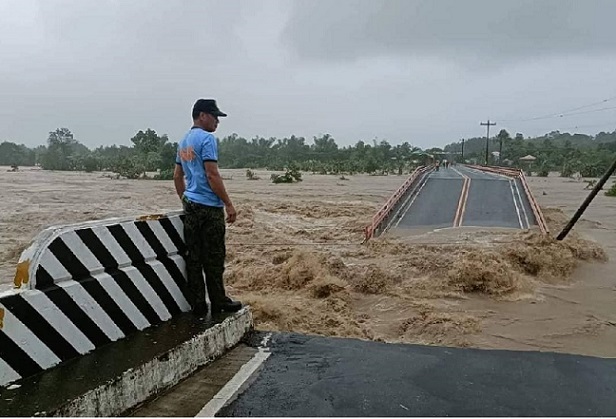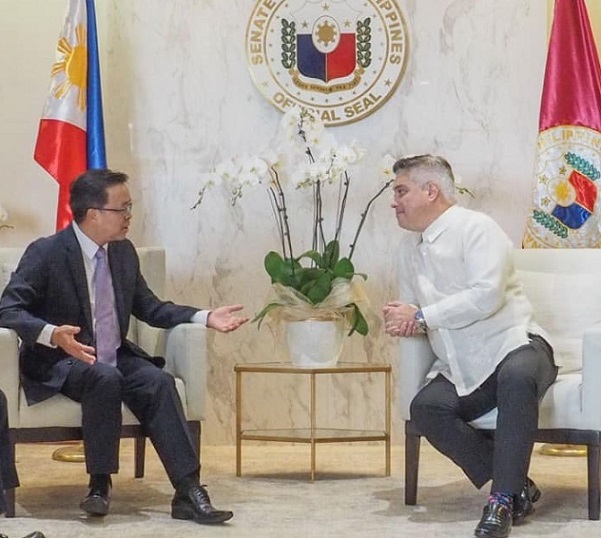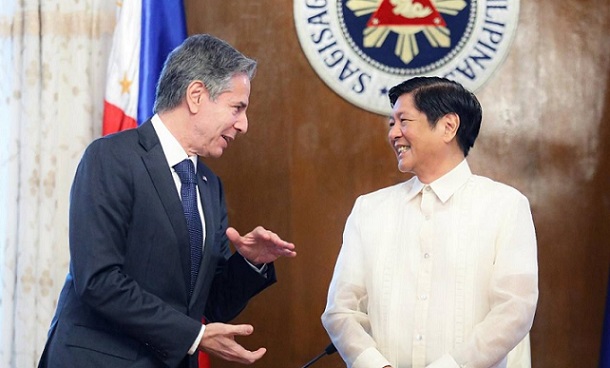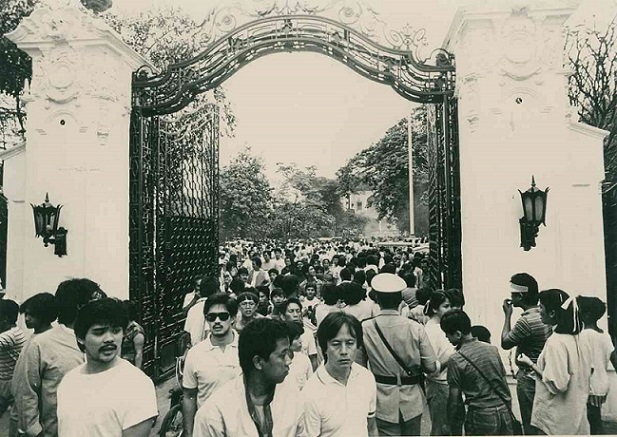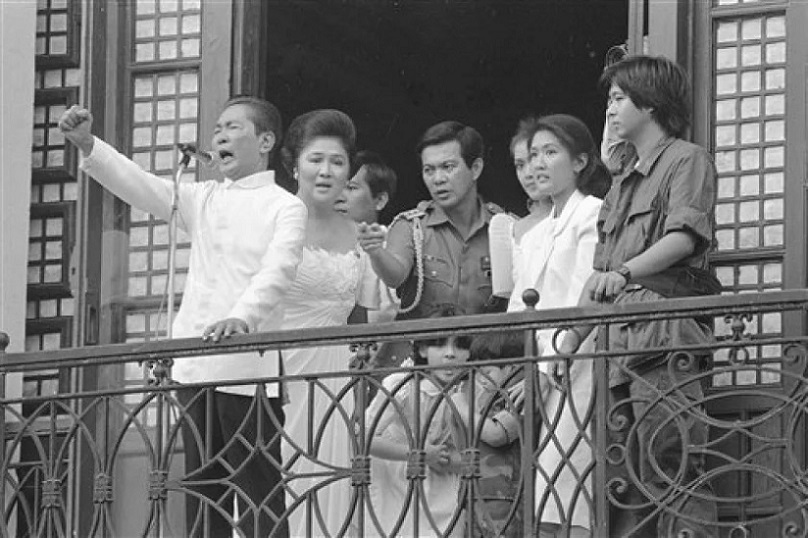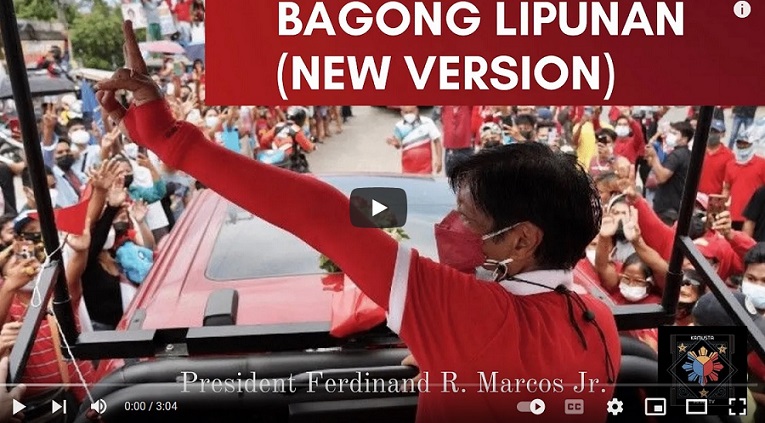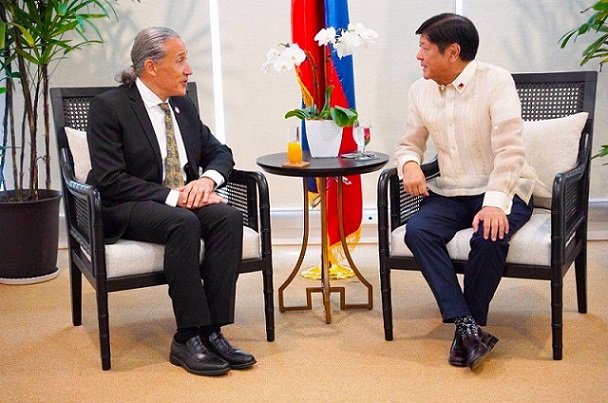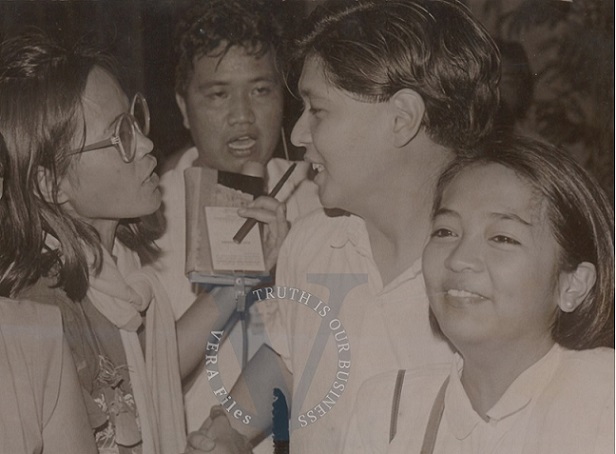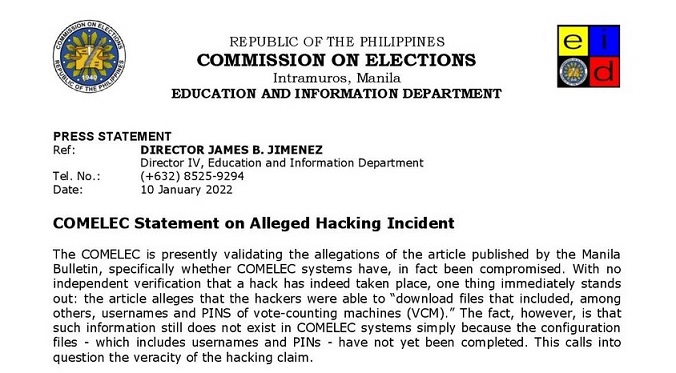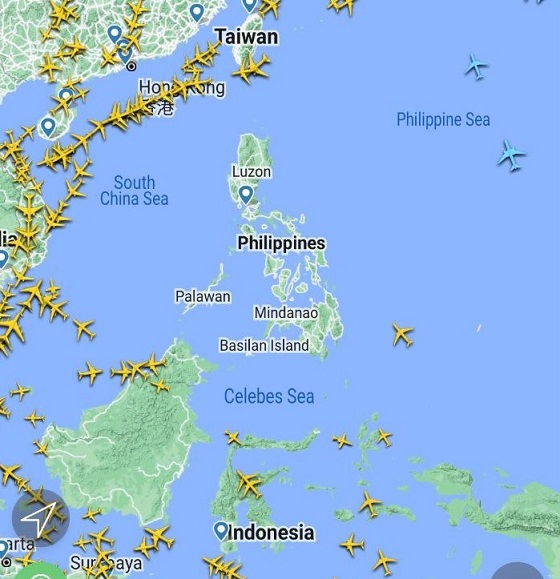
I had expected that today would be the usual boring New Year’s Day with everybody allowing themselves to be lazy after last night’s “Goodbye 2022, Welcome 2023” activities.
But not for long. At 12:52 p.m., I got a text message from my friend JB Baylon who was returning from Bangkok. He was asking what’s happening in the Philippines. He said his flight was about an hour away to Manila when passengers were told that “our plane had to return to Bangkok because Philippine airports were not contactable.” He had gathered that “all radars were down.”
I tried checking the website of the Office of the Press Secretary.
The latest story posted was about President Marcos’ New Year message, reiterating his campaign call “for unity, solidarity to overcome adversities.” No mention of any trouble in NAIA.
